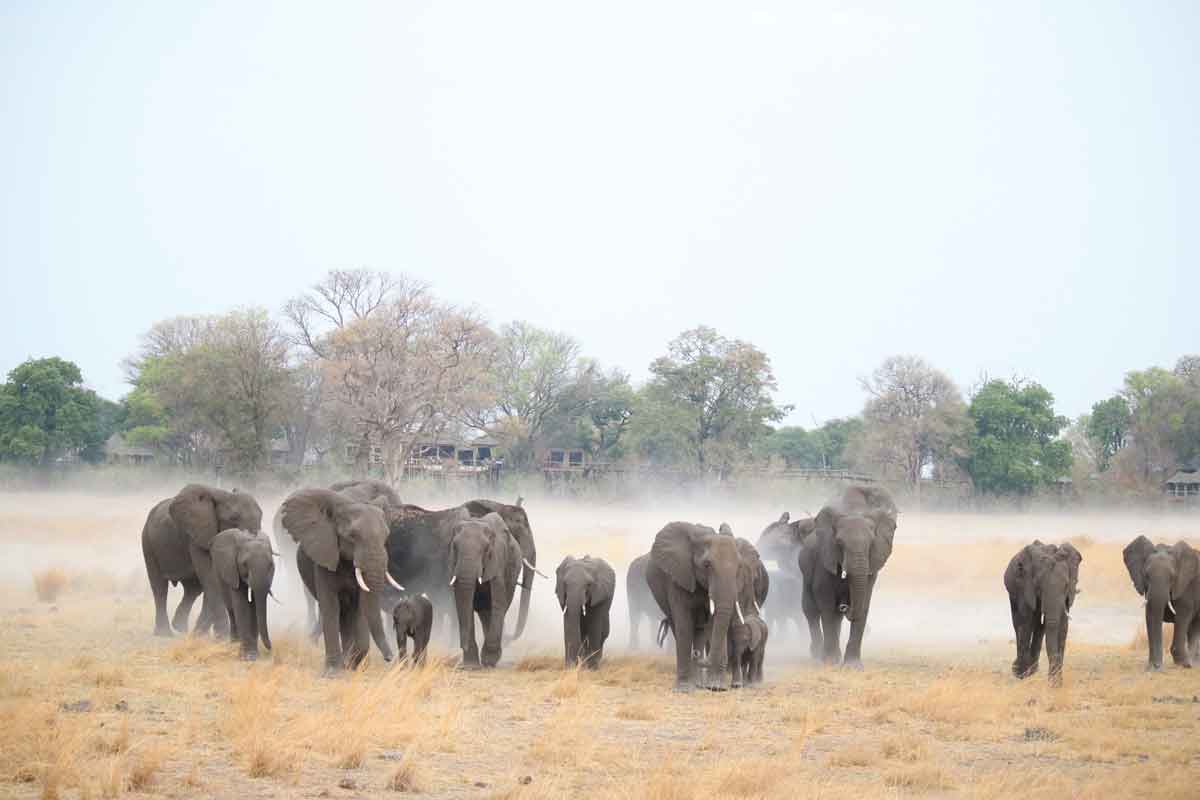
The Sijwa Project
April 24, 2019
Travel Notes from a Vagabond
April 30, 2019The 7 “unofficial” categories of birders.
Text and Photographs Pompie Burger
To become part of this very exclusive, highly rated, wild and wonderful group of people was an eye-opener for me. I believe even the birds were amazed. Incidentally I am unfamiliar with quite a few of the above-mentioned characteristics, but they sound pretty bad. When I was introduced to birding in the early eighties by a very good friend, I never thought I would end up where I am today. To be quite honest, I never was a proper birder and still will not classify myself as being a good one. My knowledge is way behind that of the average birder, and when I compare notes with my own classification and maybe understand what it means, I will hopefully get a group just for myself.
“Bird-watchers are tense, competitive, selfish, shifty, dishonest, distrusting, boorish, pedantic, unsentimental, arrogant and – above all – envious.”
– Bill Oddie
Let’s get to the real people of the avian community. Maybe one must start at the beginning and say that birding is a sport/activity which anyone in the world can do. If you ask the average person (always wondered what an average person is, sounds pretty derogative), how many birds he can identify, he will most likely say none. When you start asking him if he knows what a dove, swallow, mossie, crow, owl, Guineafowl, weaver, Ostrich, Dust chicken (see Karlien) is, you can get to 10 very quickly and suddenly he can call himself a birder.
Even more interesting, when you ask people if they can identify a bird call, you will be surprised that their score will be even higher. Imagine knowing the call of a Fish Eagle, dove, Guineafowl, Go-Away-Bird, Spotted Eagle Owl, Diederik Cuckoo, lapwing and many more, you can almost call yourself an expert. I must confess my knowledge of the different bird calls leaves much to be desired. The above-mentioned are about the full range of calls I can identify. If you can master the art of bird-call identification, you are again almost a professional birder.
According to an article I recently read in Africa – Birds & Birding they classify birders in five categories. World Listers, Budget Birders, Balanced Birders, Leisure Birders and Explorer Birders. I found my own classification much more applicable, easier to use and much more impressive:
1. At the bottom of the ticking list are the plebeians, in rugby terms, the wynspan. They still make some basic mistakes like calling a Helmeted Guineafowl a Dust Chicken, a Pygmy Goose a Water Chicken, an Egyptian Vulture a Meat-eating Chicken, a Malachite Kingfisher a Small Fish Chicken, a Darter an Underwater Chicken, a raptor a Danger Chicken, a Pell’s Fishing Owl a Night Water Chicken; shore birds are Beach Chickens, penguins are Funny Chickens etc. My daughter Karlien is the current president of this society.
2. Once you have passed grade zero you advance to the group who have bought their first bird book, and obviously you must be on a higher level now. You know quite a lot of birds and even start arguing with co-birders about the identity of a call or sighting. Soon you will buy your first pair of binoculars and, as you can imagine, you are in a very dangerous group. Pretty much like Group 1, but without realising you are making a fool of yourself. Nevertheless the aspiration is there to bring out the best in your future career.
3. Having passed your previous category you become an expert of sorts. Now you have more than one bird book, but as yet only one pair of binoculars, maybe a bit bigger than the first one. At this stage you are still relatively relaxed but there are traces of seriousness creeping into your attitude. When on holiday you do birdwatching (only) and start to become a bit condescending towards non-birders. Your Roberts is still very much part of your paraphernalia, maybe with a special little sakkie for the book to fit in and your name embroidered on it.
4. Once you have passed this level you are entering the group where you have a ticking list. This puts you in a much higher echelon and now you can start looking down on a lot of your co-birders. This is the stage where you can start comparing lists with other birders. A very important personality disorder that these birders have is that, when on a birding trip, they will get very irritable once they have seen a new bird and have ticked it off on their list but cannot move on to the next tickable bird. This means no enjoyment, no other interest, no cigarette break or chatting about last weekend’s rugby games (no, they do not watch/talk rugby anymore). Most of these birders will leave their Roberts at the camp/lodge (they still check it sneakily at night to see if they identified all their calls correctly).
5. The next group of birders know all the birds and bird calls by heart, but maybe they still lack a bit of confidence. They are on the way to ticking off the 500 birds on their list. They do not belong to a bird club anymore, except if they can be the chairman. Luckily the numerical order of Roberts, where each bird has a number, is not in use any longer. These birders used to know those numbers by heart and when seeing a bird they would call out the bird’s number instead of the bird’s name. Holidays are planned around birding and not drinking or driving.
6. Now you are nearing the peak. You hate people who know the birds better than you do. When telling them about a wonderful sighting, they will tell you about twenty previous sightings, often in their own backyard. They will also look very unimpressed if you have not seen an Angolan Chat. If you happen to be on a game/bird drive and you spot a Pell’s Fishing Owl they will look the other way (having seen many of them before), looking for a Greater Swamp Warbler instead. They give talks at bird clubs, and sidestep people who don’t do birding, preferring other top birders’ company. They know birds by their scientific names.
7. Finally you reach the top and are the ultimate pro. These are the guys with thick glasses, spotter scope, multipurpose jacket and a birding cap. Perhaps it is more important in this group what they do not have. They do not have a sense of humour, they do not have a Roberts Field Guide anymore (maybe they will have one of the books they wrote themselves), no voice-recorder/CD player/tablet (they can whistle, mumble, scream or shout the specific bird’s call). If you feel safe in this group please be patient with the rest of us.
As for myself, I do fit in all these categories, as well as none of them, unfortunately with only the bad habits of each group. So, if you want to meet a bad birder, just call me, I can teach you everything you need to know about bad habits. And most importantly, I know the pretty ones (birds) and all the Ultimate Professional birders to help me ID the difficult ones.
Happy birding!!


